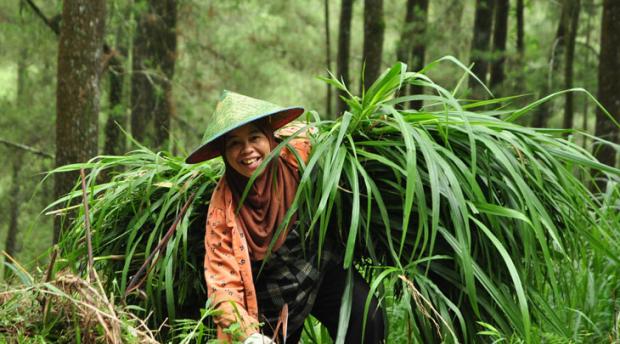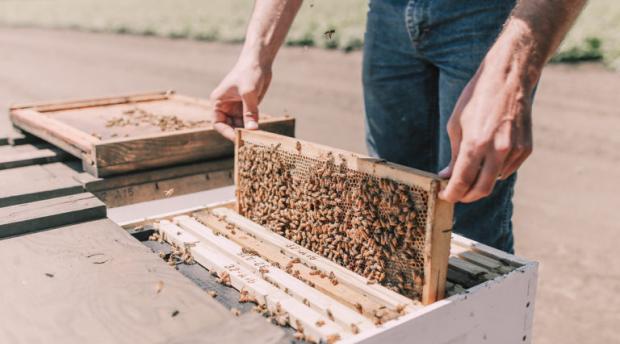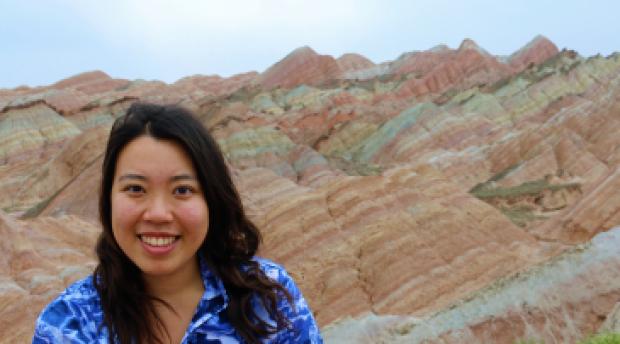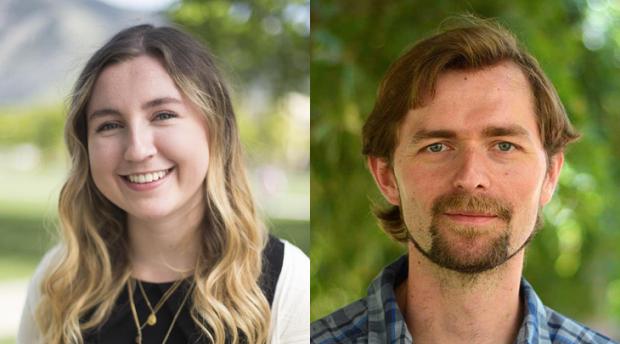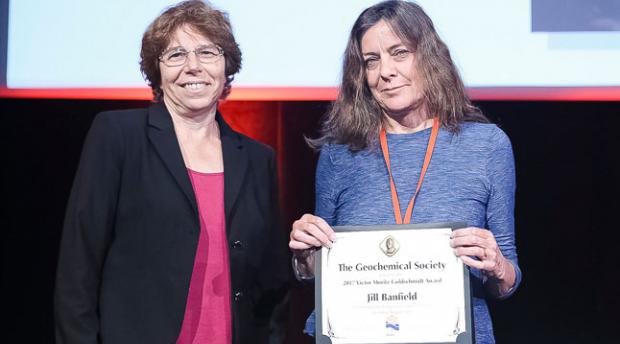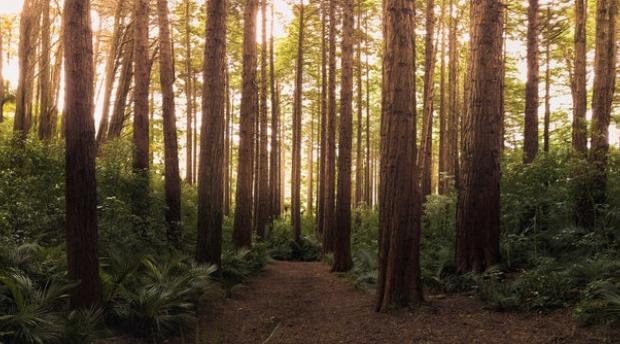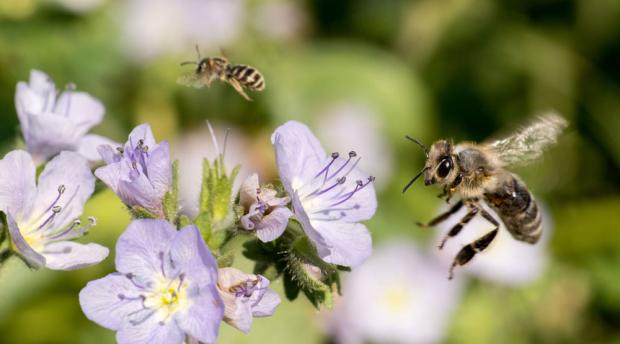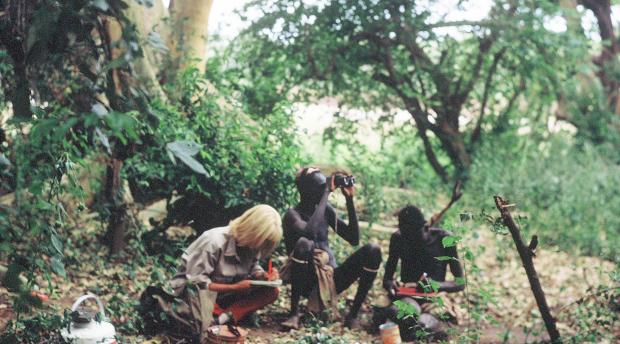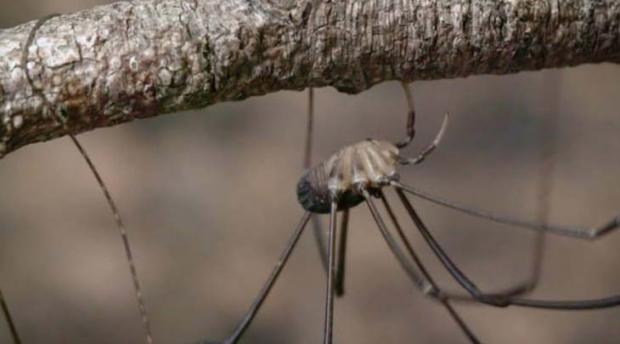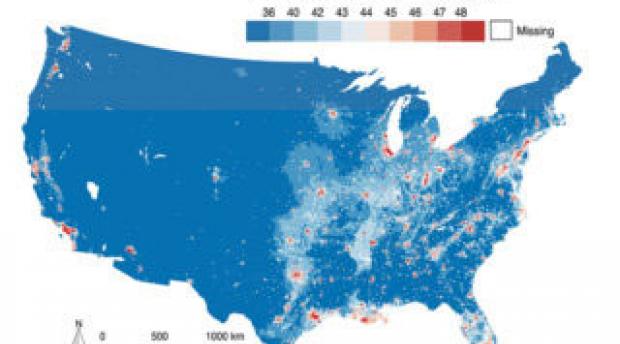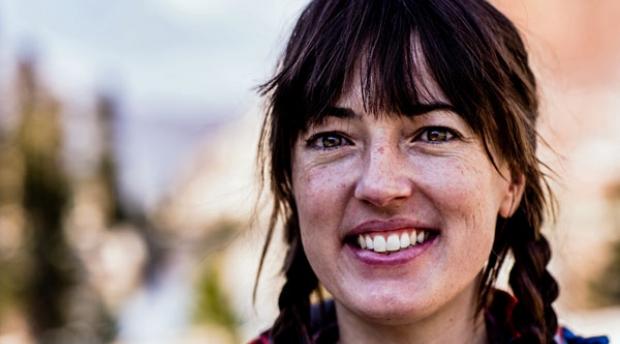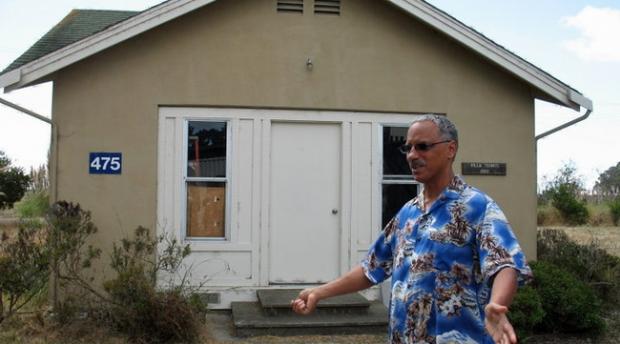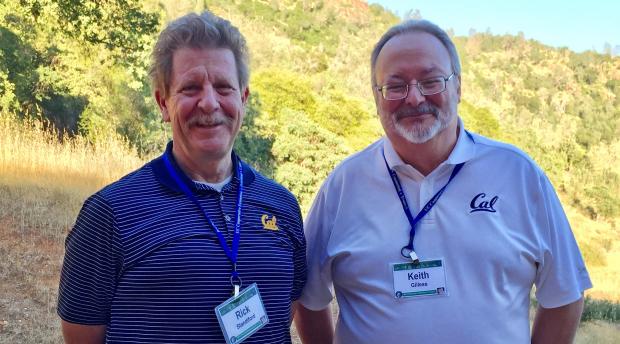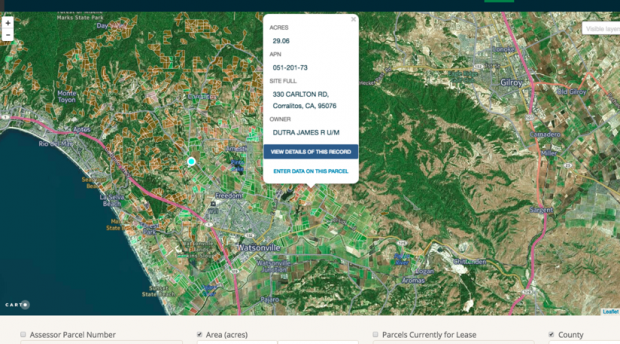Professor Nancy Peluso launches three-year research project to assess land use policy in Indonesia.
Berkeley Food Institute podcast features ESPM researchers
Professor Kremen was recently interviewed about California’s native pollinators on an episode of Just Food.
ESPM experts on Northern California’s wildfires
Faculty and researchers share research findings, strategies for wildfire management, and policy recommendations.
Climate video series: How do we verify climate treaties?
Inez Fung discusses how to verify that nations are living up to their carbon-reduction promises.
Student Spotlight: Kimberlie Le
Kimberlie Le shares her experience in the CNR Honors Program, recalls conducting research in Taiwan, and tells us about the exciting new social venture she co-founded with her classmates.
Kari Norman awarded DOE graduate fellowship
The Department of Energy fellowship will support Norman's research in Carl Boettiger's lab.
Jill Banfield honored by Geochemical Society
Professor Jill Banfield has received a V.M. Goldschmidt Award, the highest honor given by the Geochemical Society.
New report tackles health of CA headwater forests
A new Public Policy Institute of California report calls for more active management of the state's headwater forests.
As biotic communities form, pollinators swap one plant for another
A new study from UC Berkeley researchers helps create a clearer understanding of how networks of plants and pollinators form over time to create communities.
A policy crossroads: Claudia Carr discusses new book
Carr's new book examines the environmental and policy implications of river basin development in Eastern Africa.
Garrison Sposito honored by water resources journal
Garrison Sposito has been honored for his contributions to the field of hydrology by a special issue of the journal, Advances in Water Resources.
KQED takes a "Deep Look" at daddy longlegs
KQED's "Deep Look" video series featured grad student Ignacio Escalante's research on daddy longlegs.
17.6M Americans live close to active oil and gas wells
Living within a mile of active wells has been correlated to increased health risks, including heart disease and cancer.
Susan Hubbard elected Fellow of the American Geophysical Union
Each year, the American Geophysical Union elects just 0.1 % of membership to become AGU Fellows and ESPM is proud to announce that Susan Hubbard has been named a 2017 fellow.
Noise pollution loudest in black neighborhoods, segregated cities
New research from Rachel Morello-Frosch finds that noise pollution is loudest in black neighborhoods and segregated cities
Graduate Student Joan Dudney Awarded Switzer Fellowship
Graduate student Joan Dudney has been awarded a 2017 Switzer Fellowship for her environmental leadership.
Stress worsens effects of toxic chemicals in pregnant women
A new study indicates that the impact of a pregnant woman’s exposure to several toxic chemicals commonly found in the environment was generally larger if the mother was stressed.
Vernard Lewis, UC Berkeley’s first African American entomologist, retires
After a 35-year career with Berkeley as an urban entolomologist, Vernard Lewis retired on July 1.
Rick Standiford retires from 37-year career
Richard B. Standiford IV will retire June 3o after a remarkable 37-year career as UC Cooperative Extension forest management specialist at UC Berkeley.
Graduate Student Adam Calo and Team Win Big Ideas Prize
Congratulations to graduate student Adam Calo and his team, whose project won first prize in the Big Ideas @ Berkeley competition in the category of Food Systems Innovations.


